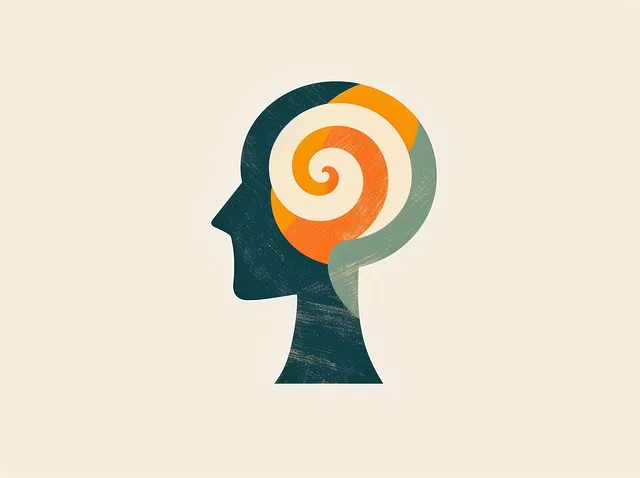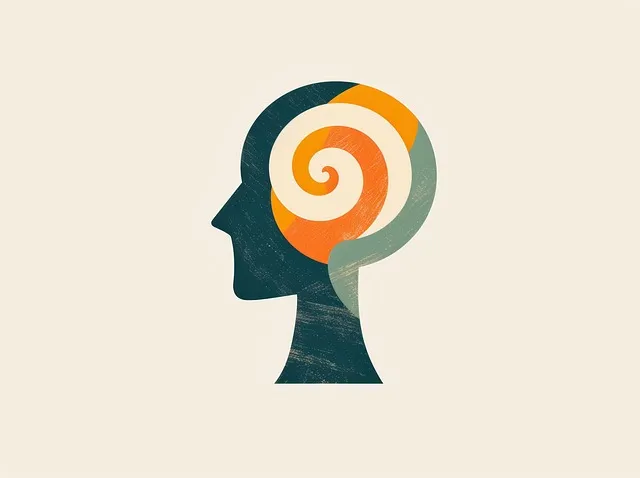Kaiser's Aurora facilities offer specialized inpatient mental health programs that include Social Skills Training (SST), catering to individuals with complex conditions. This approach combines therapy, role-playing, and group discussions to improve social interactions, emotional regulation, self-confidence, and meaningful connections. SST empowers patients through evidence-based strategies, fostering better patient outcomes, especially for anxiety, depression, or trauma management.
Social skills training is a powerful tool for individuals with mental health conditions, offering a structured approach to improving interaction and communication. This article explores how such training can enhance recovery, focusing on its application in inpatient programs. We delve into the benefits of integrating social skills development in mental healthcare, considering the potential impact on patient outcomes. Additionally, we investigate whether Kaiser, a prominent healthcare provider, offers such services at their Aurora facilities.
- Understanding Social Skills Training for Mental Health Conditions
- The Role of Inpatient Programs: Does Kaiser Offer Such Services in Aurora?
- Strategies and Benefits of Integrating Social Skills Training in Mental Healthcare
Understanding Social Skills Training for Mental Health Conditions

Social Skills Training (SST) is a specialized form of therapy designed to help individuals with mental health conditions navigate and improve their social interactions. This type of training recognizes that effective communication, empathy, and relationship-building are essential components of recovery, especially for those managing complex emotional states or challenging behaviors. SST focuses on teaching practical skills to enhance social participation, which can significantly impact an individual’s overall well-being.
For those seeking inpatient mental health services, facilities like Kaiser in Aurora offer comprehensive programs that often include SST as part of their treatment approach. By combining individual therapy with group sessions, these programs aim to build resilience and promote healthy coping strategies. Through role-playing scenarios, coaching, and group discussions, patients can learn to manage their moods, improve self-confidence in social settings, and develop the ability to initiate and maintain meaningful connections. This holistic approach to mental health care ensures that individuals not only address their symptoms but also gain the skills needed to thrive in various aspects of their lives.
The Role of Inpatient Programs: Does Kaiser Offer Such Services in Aurora?

Inpatient mental health programs play a crucial role in providing intensive care and specialized treatment for individuals struggling with severe or complex conditions. One prominent healthcare provider, Kaiser, is known for its comprehensive mental health services, including potential inpatient offerings in Aurora, Colorado. These programs offer a structured environment where patients can receive around-the-clock monitoring, individualized therapy, and group support.
For those seeking Social Skills Training, coping skills development, or risk assessment guidance, an inpatient program can be transformative. Kaiser’s facilities often employ mental health professionals who specialize in various therapeutic approaches, catering to diverse patient needs. By offering these services in Aurora, Kaiser ensures accessibility for individuals requiring immediate and intensive intervention while providing a supportive environment conducive to recovery and skill-building.
Strategies and Benefits of Integrating Social Skills Training in Mental Healthcare

Integrating Social Skills Training (SST) into mental healthcare offers a multifaceted approach to enhancing patient outcomes, especially for those seeking treatment at inpatient facilities like Kaiser’s Aurora location. SST combines evidence-based strategies with a focus on communication, relationship-building, and emotional regulation—crucial components for managing mental health conditions. By incorporating these techniques, patients gain the confidence to navigate social interactions, which is particularly beneficial for those struggling with anxiety, depression, or trauma.
This holistic approach extends beyond traditional therapy sessions, offering tools like Mental Wellness Journaling Exercises and Compassion Cultivation Practices. These activities encourage self-reflection, emotional understanding, and empathy towards others, fostering a supportive environment both within the treatment setting and in patients’ daily lives. The benefits are profound—improved social connections, enhanced emotional intelligence, and better coping strategies—all contributing to a more balanced and fulfilling mental wellness journey, as supported by the growing body of research on Social Skills Training.
Social skills training is a valuable tool for individuals with mental health conditions, offering them enhanced coping mechanisms and improved quality of life. As explored, integrating such training into inpatient programs, like those potentially offered by Kaiser in Aurora, can significantly benefit patients’ post-discharge adjustments. By addressing social challenges proactively, these programs foster better community reintegration and long-term mental well-being. Thus, recognizing the importance of social skills training and its accessibility through appropriate healthcare channels is crucial for comprehensive mental health care.






